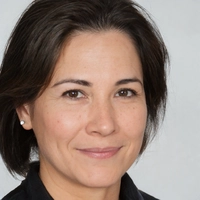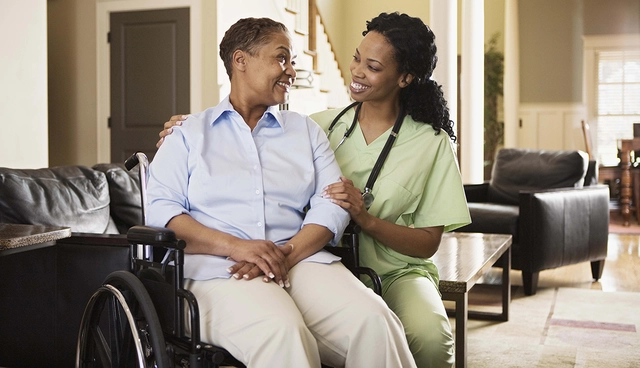
How do I get home health care for the elderly?
Understanding Home Health Care for the Elderly
As our loved ones age, their needs and abilities may change, and it can become increasingly difficult for them to manage their daily activities without assistance. Home health care for the elderly provides an excellent solution for those who require additional support while remaining in the comfort of their own home. In this article, we will discuss the steps to take in order to secure home health care for your elderly family member or friend.
Evaluating the Needs of Your Loved One
Before you can find the right home health care provider, it's important to evaluate the specific needs of your elderly loved one. This will help you determine the level of care they require and what services will best suit their needs. Consider factors such as their ability to complete daily tasks, their medical conditions, and any special care requirements they may have. Additionally, take note of their personal preferences, such as whether they would prefer a male or female caregiver and if they have any cultural or language preferences.
Researching Home Health Care Providers
Once you have a clear understanding of your loved one's needs, it's time to research the various home health care providers in your area. Start by asking for recommendations from friends, family, and medical professionals. Additionally, you can search online for reputable agencies and read reviews from other clients to get a sense of the quality of care they provide. Be sure to consider factors such as cost, insurance coverage, and the range of services offered when comparing providers.
Interviewing Potential Caregivers
After narrowing down your list of potential home health care providers, it's important to interview each agency to ensure they are a good fit for your loved one. During the interview, inquire about their experience, qualifications, and training. Additionally, ask about their procedures for handling emergencies, their communication methods, and their flexibility in scheduling. If possible, include your elderly loved one in the interview process so they can provide input and feel comfortable with the caregiver they will be working with.
Verifying Credentials and Background Checks
Before hiring a home health care provider, it's crucial to verify their credentials and perform a thorough background check. This will help ensure that your loved one is in safe and capable hands. Request proof of licensure, certifications, and any specialized training they have received. Additionally, ask for references from previous clients and check their criminal background to ensure there are no red flags that could put your loved one at risk.
Discussing Financial Matters
When hiring a home health care provider, it's important to have a clear understanding of the costs involved and how they will be covered. Discuss payment options, insurance coverage, and any financial assistance programs that may be available to help cover the costs. Be sure to have a written agreement outlining the services to be provided, their costs, and the payment schedule to avoid any confusion or disputes down the line.
Creating a Care Plan
Once you have selected a home health care provider, work together with your loved one and the caregiver to create a comprehensive care plan. This plan should outline the specific services they will receive, as well as any goals and milestones they hope to achieve. Be sure to include details such as medication management, assistance with daily activities, and any additional medical care or therapies they may require. Regularly review and update the care plan as your loved one's needs change.
Monitoring and Evaluating the Care Provided
Once home health care has begun, it's essential to monitor and evaluate the care being provided to ensure your loved one's needs are being met. Regularly communicate with both your elderly family member and the caregiver to address any concerns or issues that may arise. Additionally, consider occasional surprise visits to observe the caregiver in action and ensure they are providing the appropriate level of care. Keep an open line of communication with the home health care agency and report any problems or concerns that may arise.
Final Thoughts
Securing home health care for the elderly can be a daunting task, but by following these steps, you can find the right caregiver for your loved one and ensure they receive the support they need. Remember to always involve your loved one in the process, regularly evaluate the care provided, and maintain open communication with the caregiver and agency to promote the best possible care for your elderly family member or friend.






